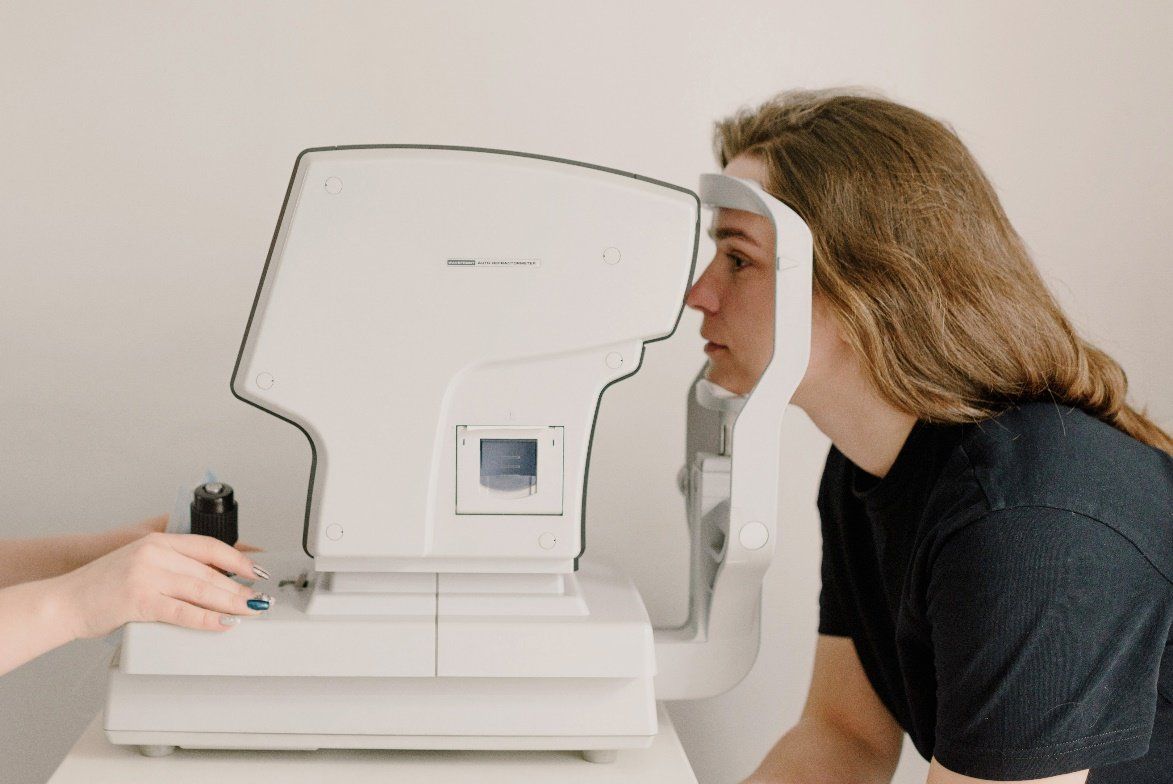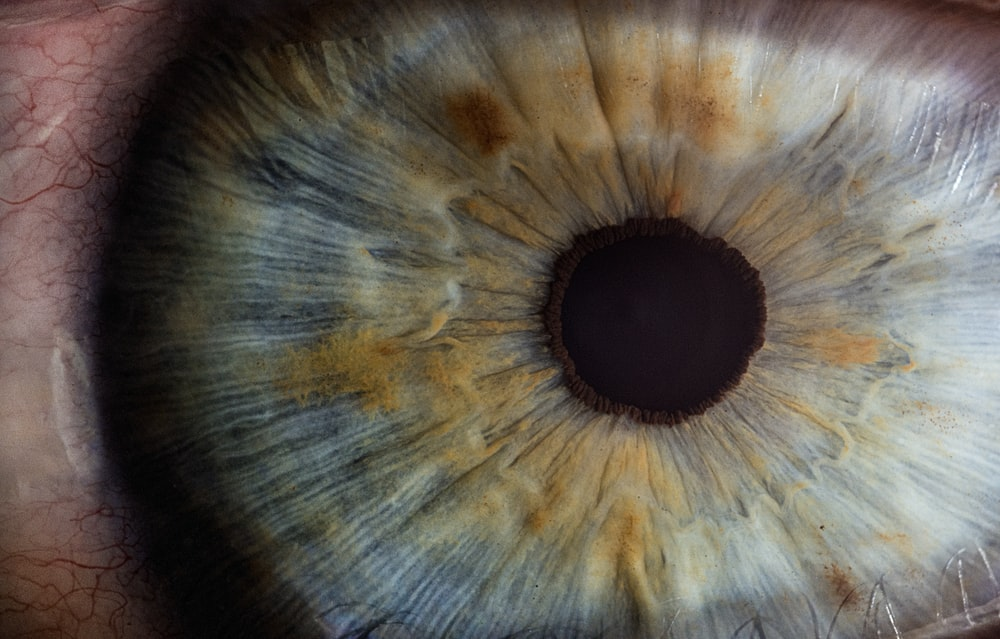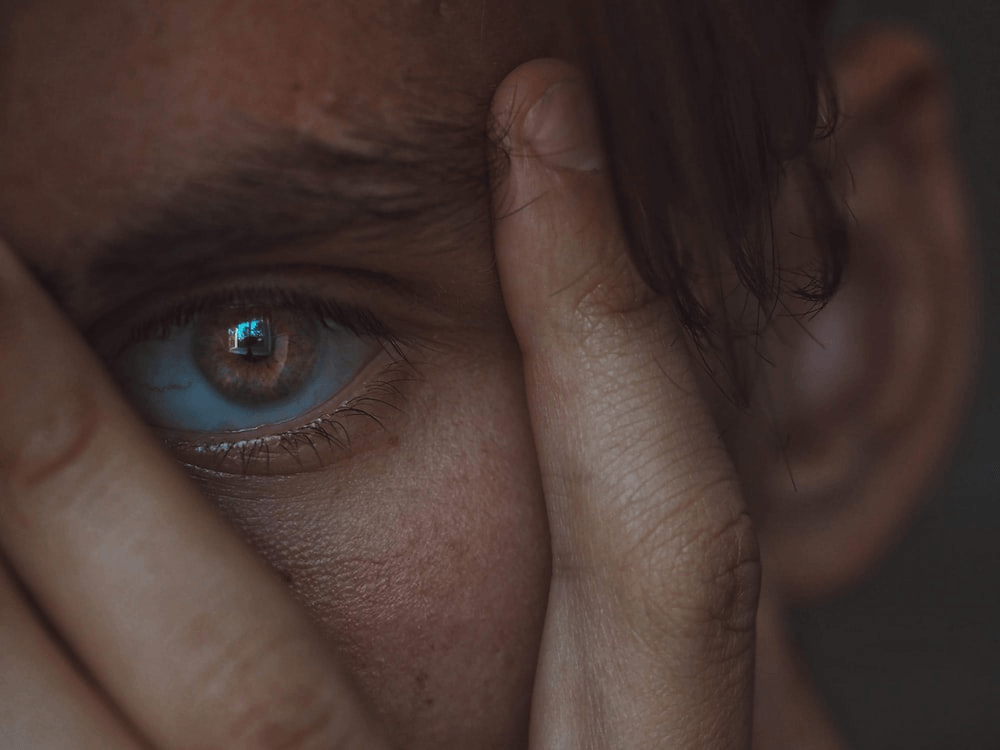What Is Diabetic Retinopathy and How to Prevent it?

Many problems occur because of diabetes. One of these issues is diabetic retinopathy. These complications affect the eyes due to a higher sugar level in human beings. It can cause damage to blood vessels and the light-sensitive area at the rear of the eyes.
Diabetes can cause many health problems for the affected person, and you must be aware of all that might go wrong when you have diabetes. In the article, we’ll discuss Diabetic Retinopathy and how to prevent it.
Define Diabetic Retinopathy
It is a disease that alters your vision. It can cause a significant amount of damage to your blood vessels and the light-sensitive tissues at the posterior surface of your eyes. It may affect your vision to a certain extent. In the most extreme cases, it can lead to blindness in human beings. Mild cases of Diabetic Retinopathy might not even manifest as symptoms.
It’s a condition that occurs due to Type 1 or Type 2 diabetes in human beings. The progression of this disease is likelier if you have had the disease of diabetes for a very long time and if it‘s not something you‘re making any attempts at control.
Symptoms
The symptoms of the disease can manifest in the following ways:
· Spots or dark string in front of your eyes
· Blurred vision
· Fluctuating vision
· Dark spots in your eyesight
· Vision loss
Methods of Prevention
There are many ways for you to prevent it. You would require eye inspections regularly, solid control of your blood sugar and blood pressure. You would also need early detection to ensure that you don‘t have severe vision problems and so you can prevent vision loss.
For patients with diabetes, you can take the following measures to ensure that you don’t develop an extreme case of Diabetic retinopathy.
· Supervise Diabetes
You should get your work in and eat healthy foods. You should also make exercise a regular part of your day. You should get at least 120 minutes of exercise during your routine every day. If you’ve been asked to take any oral medication or insulin, then make sure you’re doing so routinely.
· Keep an eye on Your Sugar Level
You should check and maintain a record of your sugar level regularly. You must also try your best to ensure that this level is well within its limit. The presence of a blood sugar level that is more or less than the range can be concerning.
· Refer to your doctor often and ask him about a Hemoglobin Test
The glycosylated hemoglobin test or A1C test tells us about the average sugar in blood you have maintained over the past three or four months. The ultimate goal for people who have diabetes is 6-7%.
· Maintain Blood Pressure and Cholesterol
You must eat healthy foods and ensure that your exercise regularly. By eating healthy foods, you can keep your cholesterol under control.
· Quit Smoking
Smoking increases complications related to diabetes.
· Notice Changes in Vision
Diabetic retinopathy can cause significant changes in vision, so you should do your best to ensure that you go to the doctor as soon as you notice any changes.




